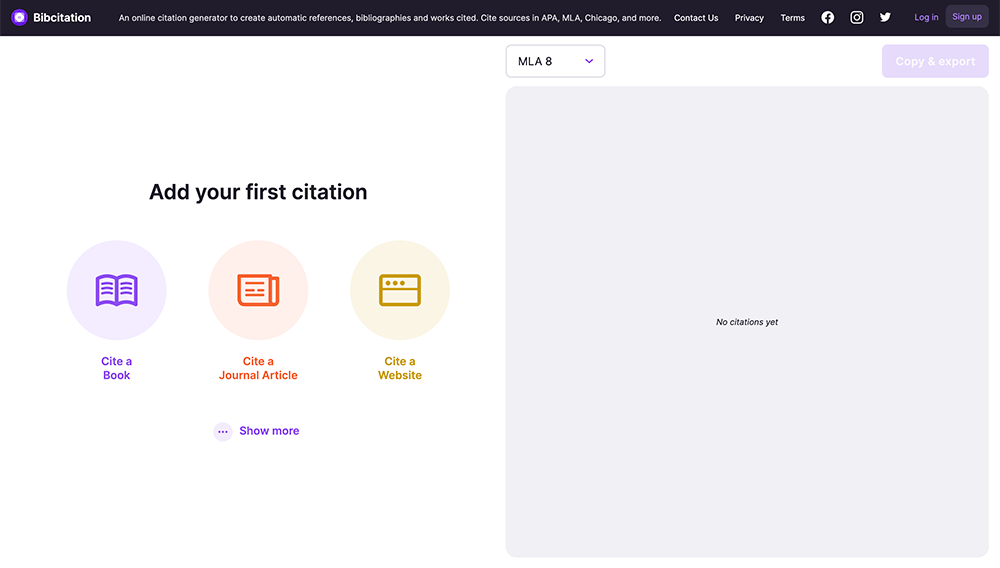The world as we know it is over. Millions of people lost their jobs and millions more are about to go to bed hungry.
All because of the coronavirus pandemic that was orchestrated by Bill Gates as a cover-up for a mass chip implantation. Out of 150 coronavirus vaccines currently in development, the only vaccines that’ll get approved are the ones that’ll be used to implant tracking devices in people to monitor their movements and maybe even thoughts.
Oh, and by the way, all the world leaders have been helping Bill Gates put his plan into action by imposing restrictions and spreading propaganda about overflowing hospitals and millions of preventable deaths.
Sounds horrifying? Well, thousands of people think that’s actually the case — and there’s no way to prove them wrong as long as fake news exists.
The main problem with fake news is that it’s impossible to trace the true source of their origin. The statements above could’ve emerged anywhere: on the dark web discussion forums, private Facebook groups similar to QAnon or even far-right media publications popular among coronavirus deniers.
In academia, such rumors would be nothing more than a secondary source: a second-hand commentary that has to reference some specific evidence or facts (primary sources) to be considered a valid opinion.
So, how do you know which news are fake and which aren’t in the era when even The New York Times makes mistakes? Trust your gut feeling? Or run every news article and social media post through a fact-checking software? The latter seems way too complicated for everyday life so most of us usually go with the first option — we choose the publications that seem credible to us in the hope that they won’t deceive us.
But in the wake of the coronavirus pandemic, the killings of George Floyd and Breonna Taylor, and the Trump presidency, to me, that suddenly felt like a lousy option.
That’s when it hit me — what if Bibcitation could help?

This is the citation generator that we built.
About a year ago, I began working on Bibcitation in an effort to develop a perfect citation tool for college students. I know what it’s like to submit a paper 4 minutes before the deadline (spoiler: it’s never fun) so I wanted to build my own tool that could generate bibliographies easily and quickly and help students focus on actually writing their paper instead of struggling with citations.
But after 2020 rolled around and the news headlines got crazier and crazier, I began wondering if Bibcitation could do much more than that. Did you ever notice that the news never cite their sources at the end of the articles like the journals do? Wouldn’t it make our lives so much easier?
Imagine that you are reading a news article claiming that someone has died in a new coronavirus vaccine trial. Instead of offering you a comprehensive list of the sources they used — which vaccine is being tested, who the volunteer was, and whether they had a pre-existing condition that could’ve caused their death — the article capitalizes on a hot story that’ll bring a crazy amount of traffic and therefore, get the publisher lots and lots of ad revenue.
Now, imagine the very same article, but with a list of three citations at the bottom:
- a shady comment in a far-right Facebook group
- a Reddit thread
- a link to a foreign tabloid known for publishing fake news
You wouldn’t trust an article like that, would you? I definitely wouldn’t — especially if referencing was already a common practice in the news world. If all the media were held accountable for the sources they used and the materials they published, the world would be a different place.
But why is this still not the case? How difficult can it be to create a couple of citations?
You’d be surprised. Creating a citation by hand can take anywhere from 3 to 10 minutes — one single citation!
The same goes for citation generators. Right now, most of the citation tools on the market are owned by a single corporation that turned their referencing software into an ad-heavy money-making machine that forces you to go to hell and back in order to create one citation.
And when the citation tools are almost impossible to use, no wonder that many journalists aren’t particularly thrilled about citing their sources.
However, I’m really hoping that our tool will change that. When I first started developing Bibcitation, I made sure that it had three integral features:
- Accessibility. Bibcitation’s free and unlike other tools, it doesn’t feature any spammy ads.
- Seamless UX. I’m constantly collecting user feedback to improve the design and introduce new features.
- Speed. I wanted to create a tool that could generate automatic and reliable citations for the most popular citation sources such as websites, journal articles and books.
P.S. Generating a Works Cited page for this article took me less than 20 seconds so I think that’s a pretty good start!
Works Cited
“Bibcitation — A Free Online Tool to Generate Citations.” Bibcitation, https://www.bibcitation.com/. Accessed 6 Oct. 2020.
Carmichael, Jack Goodman and Flora. “The Bill Gates ‘Microchip’ Claim Fact-Checked.” BBC News, 30 May 2020, https://www.bbc.com/news/52847648.
Dozens of COVID-19 Vaccines Are in Development. Here Are the Ones to Follow. 2 Oct. 2020, https://www.nationalgeographic.com/science/health-and-human-body/human-diseases/coronavirus-vaccine-tracker-how-they-work-latest-developments-cvd/.
PA Media. “UK Vaccine Trial Volunteer Says She Is ‘Doing Fine’ after Online Death Rumours.” The Guardian, 26 Apr. 2020, https://www.theguardian.com/world/2020/apr/26/uk-coronavirus-vaccine-trial-subject-doing-fine-online-death-rumours-elisa-granato.
Originally published on Medium.
 Blog
Blog


